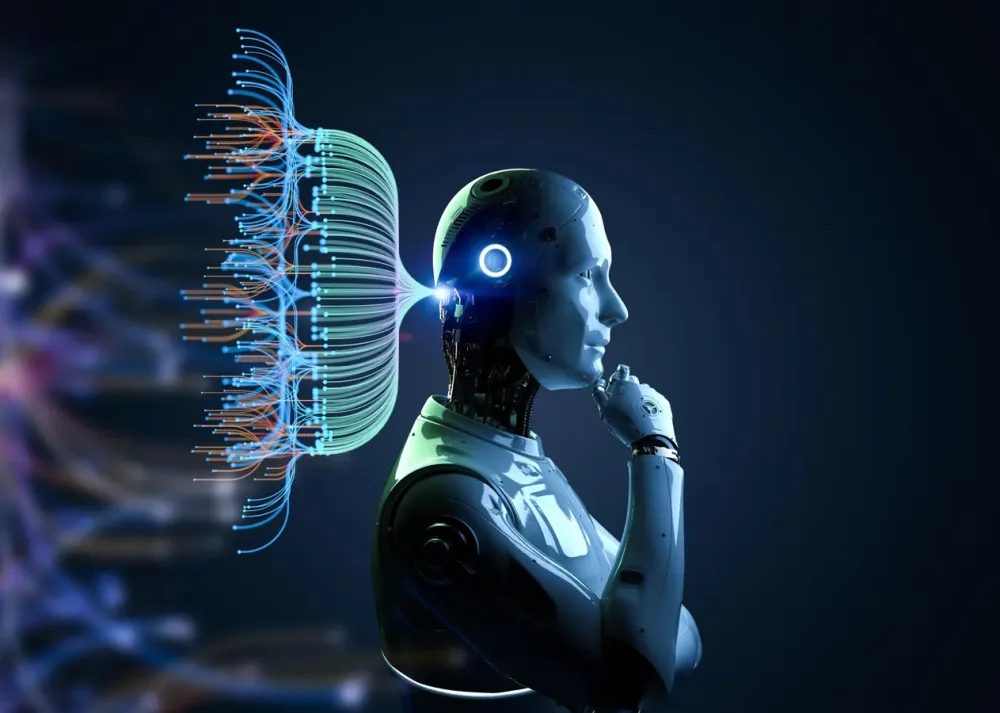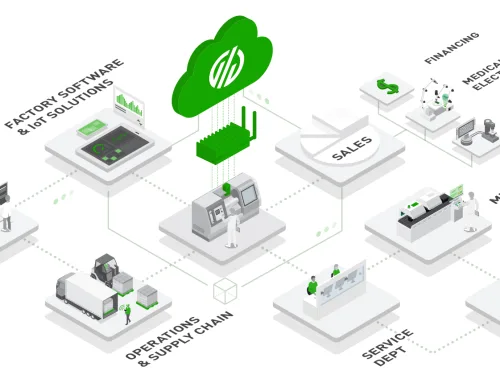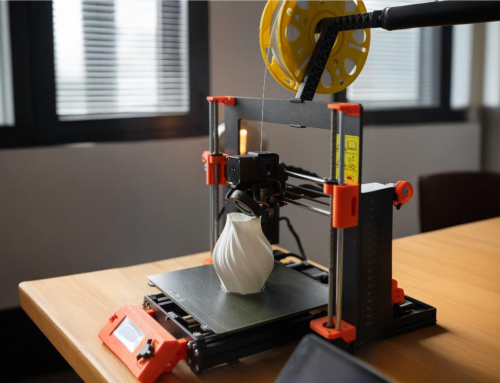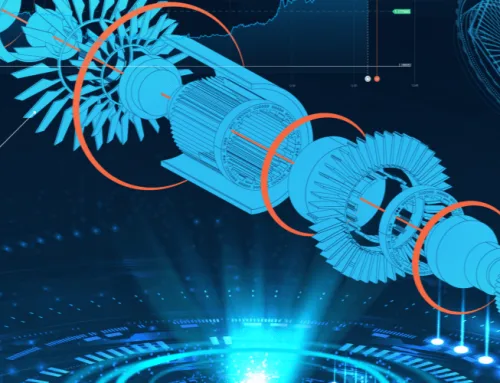A New Frontier in Product Development
Imagine launching a new product, but instead of spending months—or even years—perfecting the prototype through traditional testing and iteration, you’re able to do it in a fraction of the time. The secret? Integrating Artificial Intelligence (AI) into your prototype testing and iteration processes.
For founders and CxOs, this isn’t just a futuristic concept; it’s a powerful tool that can accelerate development, reduce costs, and give your product a competitive edge in the market. Let’s explore how AI is revolutionizing these critical stages of product development.
The Role of AI in Prototype Testing
- Accelerating the Testing Process
Traditional prototype testing is often a time-consuming process involving multiple rounds of physical tests, data collection, and analysis. AI changes the game by automating these processes, allowing for rapid testing and real-time feedback.
For example, AI-driven simulations can test a product under thousands of conditions that would take human teams much longer to replicate. This enables quicker identification of flaws or areas for improvement, allowing your team to iterate faster.
- Enhancing Accuracy and Predictive Analysis
AI systems are capable of analyzing vast amounts of data with unparalleled accuracy. In prototype testing, this means that AI can not only identify issues more effectively than traditional methods but can also predict potential failures or design flaws before they occur.
Machine learning algorithms can detect patterns and anomalies that might go unnoticed by human testers, leading to more reliable and robust prototypes. This predictive capability is particularly valuable for complex products where even minor design flaws can lead to significant issues down the line.
- Reducing Costs and Resource Utilization
By automating much of the testing process, AI significantly reduces the need for physical prototypes and the resources required to test them. This reduction in physical testing not only saves money but also accelerates the overall development timeline.
For instance, AI can simulate how a product would perform under various conditions without the need for multiple physical iterations. This allows companies to focus their resources on refining the final product rather than producing numerous prototypes.
AI in the Iteration Process: Speed and Precision
- Rapid Iteration and Real-Time Feedback
AI enables rapid iteration by providing real-time feedback on design changes. When a prototype is tested, AI can instantly analyze the results and suggest modifications. This continuous loop of testing and iteration dramatically shortens the development cycle.
For founders and CxOs, this means that your team can move from concept to final product much faster, allowing you to respond more quickly to market demands or changes in customer preferences.
- Personalization and Customization
AI also enables the creation of more personalized and customized products. By analyzing customer data and feedback, AI can suggest design iterations that cater to specific user needs or preferences. This level of customization can set your product apart from competitors and enhance customer satisfaction.
In industries like consumer electronics, where personalization is increasingly important, AI-driven iteration allows companies to fine-tune their products to meet individual customer requirements, creating a more tailored and engaging user experience.
- Minimizing Human Error
Human error is an inevitable part of manual prototype testing and iteration. However, AI-driven processes minimize these errors by automating repetitive tasks and ensuring consistency across tests. This leads to more reliable results and higher-quality final products.
By reducing the potential for human error, AI ensures that the final product is as close to the original design specifications as possible, which is critical for maintaining brand reputation and customer trust.
Case Studies: AI in Action
- Automotive Industry
In the automotive industry, companies are using AI to test prototypes of autonomous vehicles. AI-driven simulations allow these companies to test millions of potential driving scenarios in a fraction of the time it would take using traditional methods. This not only accelerates the development of safer vehicles but also reduces the cost of physical testing.
- Consumer Electronics
Leading consumer electronics brands are using AI to iterate on new device designs rapidly. By analyzing user feedback and usage data, AI can suggest design changes that enhance user experience. This has led to the development of more intuitive and user-friendly products, helping companies maintain a competitive edge in a crowded market.
Conclusion: Embrace AI for a Competitive Advantage
For founders and CxOs, integrating AI into prototype testing and iteration processes isn’t just a technological upgrade; it’s a strategic imperative. AI not only accelerates development timelines and reduces costs but also enhances the overall quality and customization of your products.
By embracing AI, you can ensure that your company remains at the forefront of innovation, delivering cutting-edge products that meet the demands of today’s fast-paced market.
Ready to transform your product development process with AI? Contact us today to learn how our AI-driven solutions can accelerate your prototype testing and iteration, ensuring your product’s success in the market.





